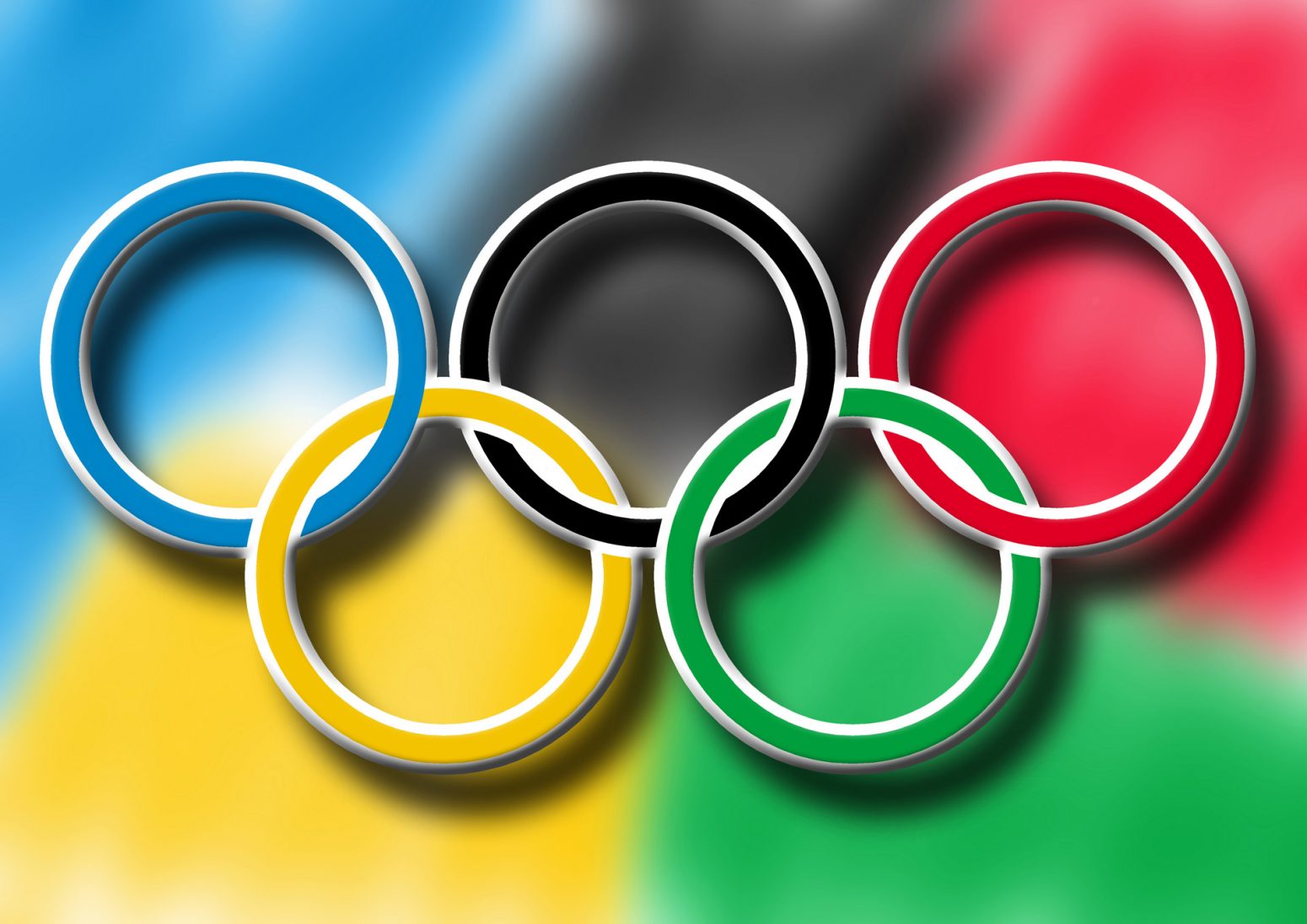Rio Olympics: Non-Western Nations and Globalisation

The Olympics bring out the best as well as the most cautionary features of globalisation. With a number of non-Western countries now hosting sporting events, Rio symbolises the democratisation of international sports while also suggesting that having the financial or public relations wherewithal to host the games is not enough. Instead, we need to see these countries adopt the democratic principles that have led to the success of globalisation in their hosting sports.
The internationalisation of sport began in the 1870s and continued until the 1920s with tennis, soccer and rugby creating international administrative institutions—the most prominent achievement being, of course, the establishment of the International Olympic Committee (IOC). Because Western nations were the founding members of most international sporting associations they dominated these bodies and set the rules for the sport, dominated its finances and determined the location of major international events.
Since the 1980s, however, the democratisation of the international sporting system has taken place with non-Western nations gaining power within international sporting institutions, increasingly hosting sporting mega-events and, since the 2000s, buying the premier sporting clubs of Western nations. Thus the International Cricket Council now has its headquarters in Dubai and it is India that controls the financial health of the global game. The World Badminton Federation, similarly, has moved to Malaysia reflecting the popularity and market for the game in Southeast Asia. And witness the number of foreign owners in the fashionable English Premier League.
The result of the growing influence of non-Western nations has been the increased flow of wealth into sports as a truly global market has been created for a number of sports particularly soccer. Part of the reason we now have US$100 million player purchases in soccer is due to the infusion of foreign, particularly non-Western, capital from countries like Abu Dhabi, Qatar and China.
In the case of cricket, the infusion of money into the sport in cricket crazy India has led to growth of the first generation of cricketing millionaires. Compare this with 40 years ago when Ian Chappell, Jeff Thomson and Dennis Lillie were being paid AU$100 a test match and the importance of non-Western nations becomes apparent.
Non-Western nations have also successfully bid to host sporting mega-events like the World Cup, the Olympics, and even the Commonwealth Games—Beijing Olympics (2008), New Delhi Commonwealth Games (2010), the South Africa World Cup (2010), the Qatar World Cup (2022), and Brazil’s World Cup (2014) and Olympics (2016). The fact that non-Western nations have been so successful in acquiring the rights to host megaevents is a result of the democratisation of the international sporting system and due to the fact that globalisation has led to a flow of wealth around the world. Having said that, these nations have had mixed results in hosting these events and in their management of international sporting institutions and teams.
Thus, while India has dominated global cricket, the role of illegal gambling and match fixing has tarnished its leadership role. Brazil’s hosting of sporting events has been marred by internal protests over the costs of such projects—at the expense of social welfare programs—and due to charges of corruption. The New Delhi Commonwealth Games were badly organised and project money was siphoned off into private hands while the Qatar World Cup—six years away—is already tainted by charges of corruption in the bidding process and ill-treatment of workers building the stadiums. In the case of Beijing, a few hundred Tibetan monks scared the communist regime to impose a crackdown and essentially cast a shadow on China’s coming out party. The fact that China had to close factories and do odd-even license plate driving of cars in Beijing to reduce pollution also diminished the luster of the Olympics.
Perhaps the greatest contrast was between the London summer games (2012) and the Sochi winter games (2014) with the much bigger summer games costing US$13 billion while the smaller winter games cost a whopping US$50 billion.
Non-Western and authoritarian governments—like Russia—have been willing to spend exorbitant amounts on sports since they are seen as an expression of soft power, particularly to build an international brand name for the nation. Yet, in a globalised world, the old idea of using sports to boost a country’s image makes no sense unless the rules of globalisation are followed. The Nazi Olympics of 1936 or the Argentina World Cup of 1978 made sense in a pre-globalised world but now sporting events are deemed a success not because a country hosted a mega-event or when Berlin or Beijing created a Potemkin village.
Today, what makes such events successful is that the host nation embodies the best values of globalisation—democracy, good governance, and open societies. Thus, the German World Cup of 2006, the London Olympics of 2012 and the 2016 Copa America in the United States were so successful because they were affordable, in a safe setting and created the kind of joyous party atmosphere that people will remember for years to come. Merely having the money to host such events is not enough because the success of sporting events lies in reflecting the best values of an open society. Despite Vladimir Vladimirovich Putin’s best efforts, Sochi was tainted by the latent homophobia of the Russian leadership and its crushing of political dissent. One similarly wonders how Qatar will react to gay athletes or to men and women mingling freely and partying in front of open air big screens like they did in Berlin and Rio. Safety also becomes a problem as marked by an attack on Paralympians in Rio.
Sports thus reflect the broader shifts in the international system and to ignore them is to have expensive sporting events that draw more criticism than kudos from international sporting audiences.
Dr Amit Gupta is an associate professor in the Department of International Security Studies at the USAF Air War College, Maxwell AFB, Alabama. The views in this piece are his own and do not necessarily reflect those of the United States Air Force or the Department of Defense. He can be contacted at agupta1856@gmail.com. The article is published under a Creative Commons Licence and may be republished with attribution.





